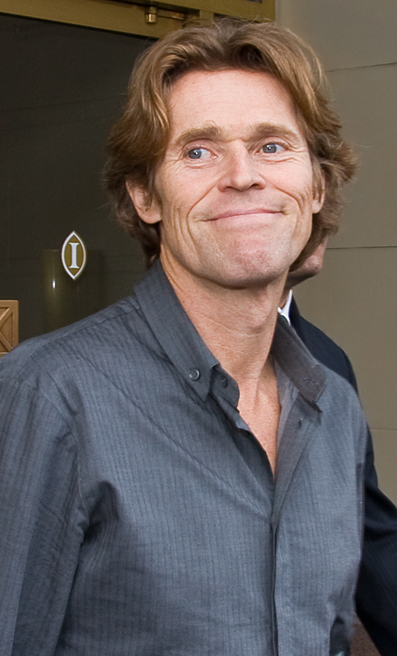An adventure of self-discovery: A review of “Poor Things”
“Poor Things,” directed by Yorgos Lathimos and based on the novel written by Alasdair Gray, has been nominated for eleven awards at this year’s Academy Awards. The movie has received tons of critical acclaim for its acting, cinematography, set design and more. But what’s the movie about and why does everyone love it so much? Well, here’s a quick breakdown and review.

The story of “Poor Things” takes place in Victorian-era London. It follows Bella Baxter, played by Emma Stone, a woman who has been brought back to life after her apparent suicide by a strange surgeon named Dr. Godwin Baxter, played by Willem Dafoe. Dr. Godwin sees Bella as an experiment and wants to document her growth and progression. To do this he enlists the help of one of his students, Max McCandles, played by Ramy Youssef. While looking after her, Max develops romantic feelings for Bella. Godwin suggests that the two get married, and both Max and Bella agree. During all of this, Bella begins to develop a deep interest in the outside world. The fires of this interest are stoked even more when she meets a man named Duncan Wedderburn, played by Mark Ruffalo, who promises to take her far away from London and show her the marvels and spectacles of the world. Dr. Godwin and her new fiancé, Max, are against her leaving with Duncan, but Bella goes anyway. This begins Bella’s adventure which will change how she sees everything.
Many people have labeled “Poor Things” as a feminist movie, and while it definitely has strong feminist themes, I think the movie is more accurately about self-discovery or the building of one’s own identity. At the beginning of the movie, Bella is a blank slate. She’s essentially a child. She can’t take care of herself, and she constantly needs to be looked after and attended to. She sees the world the same way that a child does but she’s in the body of a grown woman. This leads to many charming and poignant observations from her on the world and how men and women interact. When she discovers masturbation, she immediately tries to fondle the maid because she’s always in a sour mood and Bella thinks the act will make her “happy” like it makes her. She refers to sex as “frantic jumping” and she is confused as to why men cannot do the act many times, concurrently.

Bella questions many things about men. Why would a man be interested in a woman who’s not interested in him? Why do men feel like women are territory meant to be claimed? As a man, hearing these questions asked so bluntly and straightforward really made me think and self-reflect. It was quite an interesting experience, and I don’t think I would have responded the same way if the questions were delivered in a different context and not by a woman who looks like an adult but still sees the world as a child would.
It also helps that the character of Bella Baxter is portrayed so convincingly by Emma Stone. She really does give an Oscar-worthy performance in this film. She gives Bella an air of innocence that doesn’t come off as stupid or simple but instead naïve and unknowing. She nails the beats of every scene, going from dry humor to intense drama from scene to scene. Watching her develop and begin to understand the world and the people that inhabit it is the best part of the movie. My second favorite performance in the film is Willem Dafoe’s. Dr. Godwin’s overly analytical and objective view of the world leads to some of the most hilarious moments of the film. Dafoe still gives the character enough heart and humanity to make him likable though. Mark Ruffalo plays the haughty and intrepid Duncan Wedderburn, and he really goes all in on the over-the-top comedic performance. You can tell he’s having fun in the role. While I was slightly surprised by his Oscar nomination, I did enjoy his performance and what he brought to the movie.

Much of the charm of the movie also comes from how it looks and sounds. The only way I can describe it is unnatural but not in a bad way. The score, done by composer Jerskin Fendrix consists of notes and strings that are purposefully played out of tune giving everything it scores an awkward and clumsy feeling, like a baby deer stumbling and falling before finally learning to stand upright. The set design and wardrobe mimic the real world but with a fantastical bent. My favorite location was Lisbon. Seeing the sky twirled in all of these beautiful shimmering colors was a real treat. The film is even shot quite unnaturally, using unorthodox techniques such as the use of fisheye lenses in multiple scenes. I wasn’t surprised at all to see the movie receive Oscar nods in all those categories and I wouldn’t be surprised if it runs away with all of them.
“Poor Things” is whimsical, dark, funny and eye-opening all at the same time. While it can be explicit sexually, I think it’s absolutely necessary for the story that this movie is trying to tell. If you are old enough and have an open mind you should definitely watch this film.



























